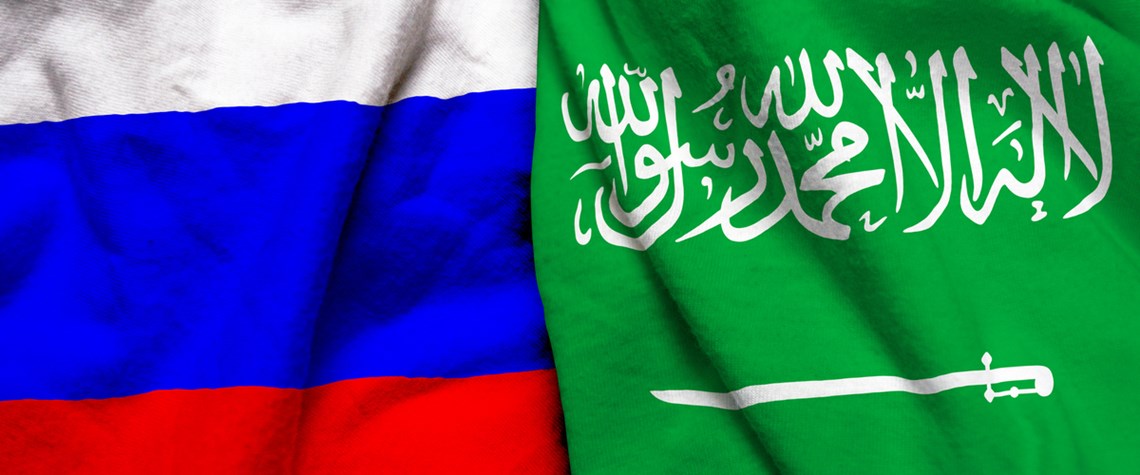Russia’s hand: weaker than it seems
The devaluation of the rouble has been seen as insulating Russia during any sustained price war. But it may not be sitting as comfortably as thought
That Russia, and indeed Opec members, seriously underestimated the demand-side impact of Covid-19 when they walked away from the negotiating table in March and committed to unconstrained supply is beyond question. But the received wisdom that Russia—due to currency weakness better supporting its margins while the dollar price of oil falls—is better placed to weather a drawn-out battle of attrition may be less clear-cut. And it may influence Moscow’s negotiating position tomorrow. When it walked away last month, Moscow believed it had the coronavirus outbreak under control and hoped that the world—or at least the parts that generate the most oil demand—did too. It was wrong. Now Russian presi

Also in this section
27 February 2026
The assumption that oil markets will re-route and work around sanctions is being tested, and it is the physical infrastructure that is acting as the constraint
27 February 2026
The 25th WPC Energy Congress to take place in tandem as part of a coordinated week of high-level ministerial, institutional and industry engagements
26 February 2026
OPEC, upstream investors and refiners all face strategic shifts now the Asian behemoth is no longer the main engine of global oil demand growth
25 February 2026
Tech giants rather than oil majors could soon upend hydrocarbon markets, starting with North America







